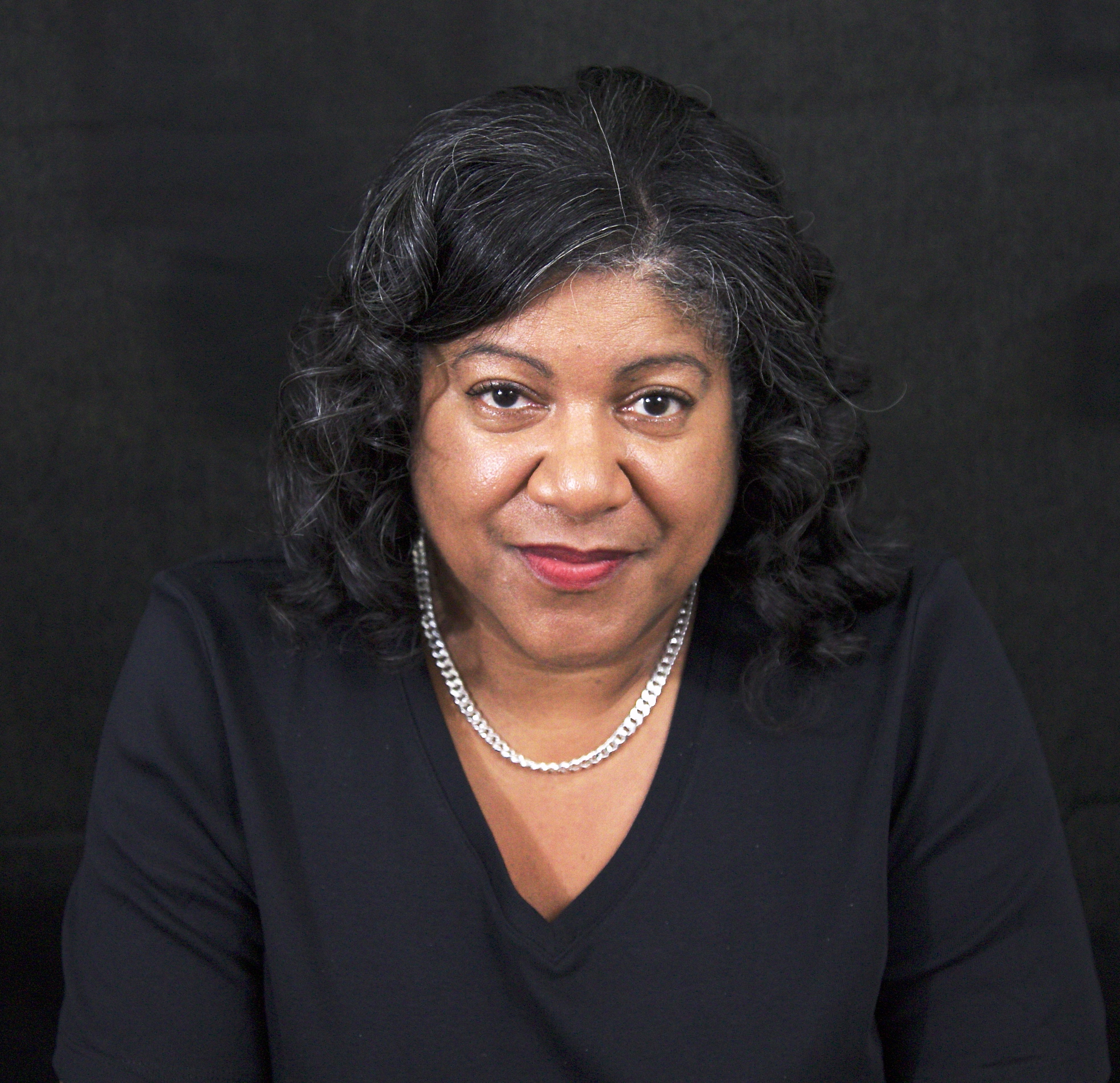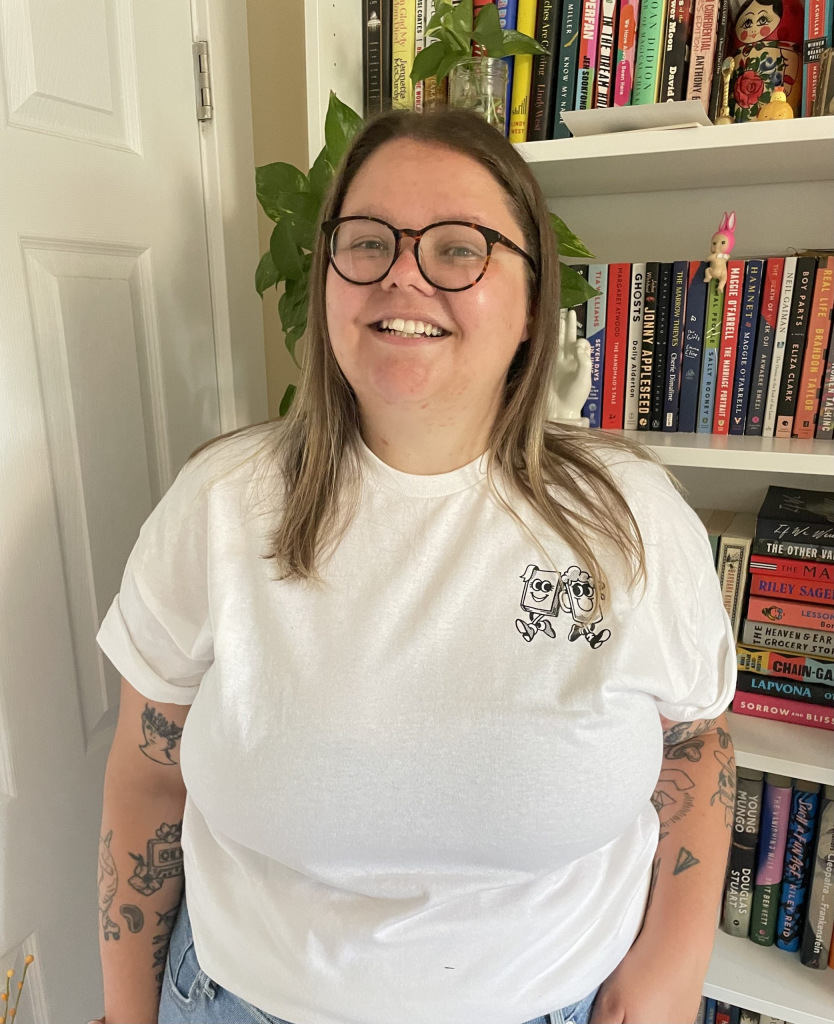2025 Keynote Speakers
Heather Stevens
Manager & Senior Heritage Interpreter

I have lived in Millbrook for most of my life, and have always wanted to learn about who I was, my past, my family. I was raised from infancy to the age of 13 in the United States, there I was not connected to any other Mi’kmaq people except for my family. My family was also born and raised in the US, so the history of who we are was never spoken about. Living in the US was very hard, it was tough being a Native there, at times I had hated who I was, but my grandfather even though he was a Residential School Survivor tried his best to instill in me that I was special, I was Mi’kmaq. After my grandfather’s death, we moved to Nova Scotia, which is where my family is from. It took a very long time to be accepted into the community and at times I am still considered an outsider. As I moved on with my life, I was still struggling to know who I was, I worked many different jobs, but none that actually gave me what I needed, which was who I was.
When I started to work here at the Millbrook Cultural & Heritage Centre is a great way to spend my days, I have learned so much about who I am, what my family stood for, the trials and tribulations that my family had gone through here in Nova Scotia as well as the Mi’kmaq People as a whole. I am now very proud to be who I am and being able to share that with people that I have met people from all over the world and from all walks of life. I have heard so many stories that relate so much to our story, from here in Canada to Australia. I really enjoy being able to share our history and culture and to learn from them as well. Where else are you going to be able to meet 100’s of people a day, and know that each day you are going to meet someone and learn something new?
Juanita Peters
Executive Director of the Africville Museum, Actor, Film and stage director & Playwright

Juanita Peters is known by many people, as many things. She is an actor, film and stage director, and playwright.
As a film writer and director she has given us: I Made a Vow, Hannah’s Story, Africville; Can’t Stop Now, and 8:37 Rebirth which has won multiple awards in Canada, New York, London and Paris.
Juanita Peters directed two seasons of the Film Nova Scotia Award winning dramatic series “Studio Black” and the multi-award winning television series DIGGSTOWN.
As a playwright she has given us: The San Family, The Mother Club, I M Possible and The Green Book.
Founding member of Women In Film and Television Atlantic and Founding member of Atlantic Canada’s newest multicultural festival, Nova-MultiFest.
Member of Playwrights Atlantic Resource Centre, Canadian Actors Equity, Actra and the Directors Guild of Canada. Board member of The Robert Pope Foundation, Matchstick Theatre and Women In The Directors Chair National.
Named the 2023 Portia White Prize Winner by Creative Arts NS and the 2022 Woman of the Year by the union representing 28,000 professional actors across the country, ACTRA. Juanita Peters is also a recipient of the Queen Elizabeth II Platinum Jubilee medal and the King Charles III Coronation Medal.
In addition to this Juanita Peters is the Executive Director of the Africville Museum where she continues telling the stories of one of Canada’s most significant historical black communities.
Lightning Talk Speakers
Kydra Mayhew
Campus Librarian, NSCC Ivany Campus

Kydra Mayhew (she/her) is the Campus Librarian at the NSCC Ivany Campus. Her current research focuses on the relationship between information consumption and attention economy in relation to misinformation. Outside of her role as an academic librarian, Kydra works heavily in the community to make books and reading more accessible through a range of community events and fundraising initiatives. She is the organiser of the Books & Brews Adult Book Fair, as well as countless used book sales, community book swaps, book clubs, and social engagements in the city. These events are meant to bring books into the hands of readers, but also bring money back into the community. Through these events she has partnered with several local independent booksellers and businesses to help raise money for organizations such as Books Beyond Bars, Halifax Community Fridge, Adsum House, and Parker Street Food & Furniture House.
James Boxall
Heather Adams
Student Poster Presentations
More information to come!
